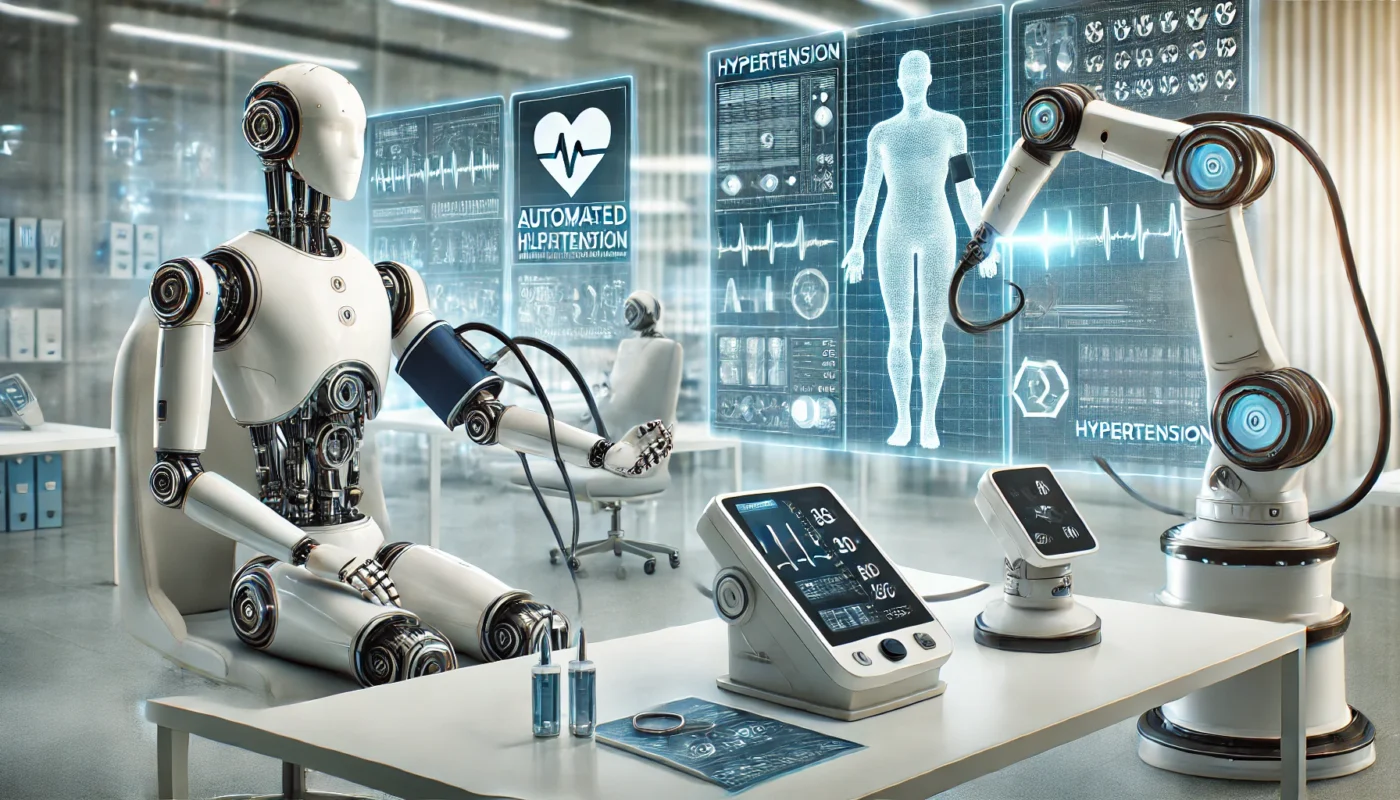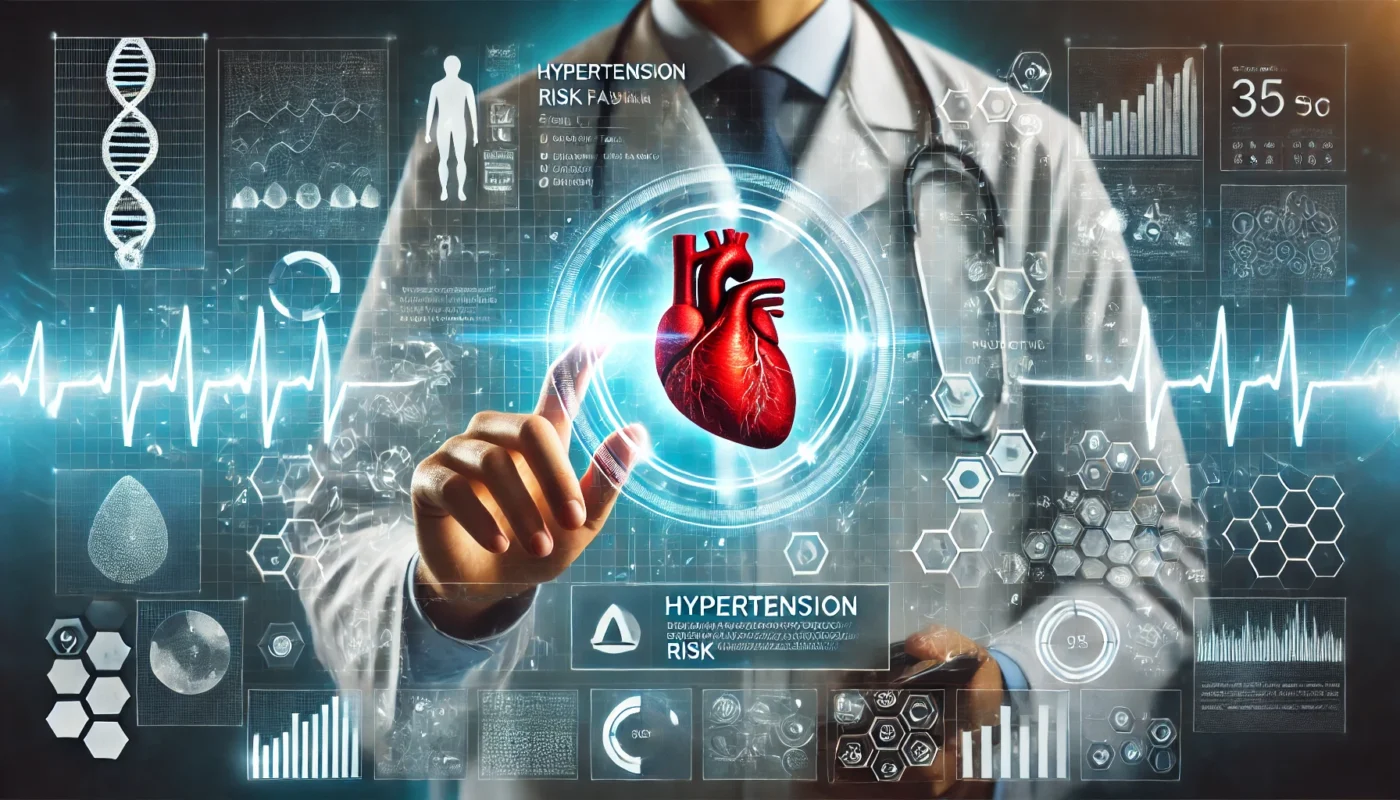Hypertension, or high blood pressure, has historically been considered a condition associated with aging. However, an alarming trend has emerged in recent years: the increasing prevalence of hypertension in young adults. According to the Centers for Disease Control and Prevention (CDC), nearly 1 in 4 adults aged 20 to 44 now suffers from high blood pressure, a statistic that highlights a significant shift in the age demographics of this condition. While genetics, lifestyle changes, and environmental factors all play a role, the implications of this trend are profound, as early-onset hypertension dramatically increases the risk of long-term cardiovascular complications. This article explores why hypertension is becoming more common in younger populations, its potential consequences, and strategies for prevention and management.
Tag Archives: Blood Pressure Monitoring
Hypertension, or high blood pressure, is a silent yet prevalent condition affecting more than 1.28 billion adults worldwide, according to the World Health Organization (WHO). It is a leading risk factor for heart disease, stroke, and kidney failure. Despite decades of medical advancements, hypertension remains challenging to manage due to its multifactorial nature. Many patients experience suboptimal responses to generalized treatment protocols, highlighting the need for more personalized approaches. Biomarker-driven medicine represents a revolutionary step forward, offering the potential for tailored treatment strategies that improve outcomes. This article explores how identifying specific biomarkers can revolutionize hypertension care.
Hypertension, or high blood pressure, is a silent yet pervasive health issue affecting more than 1.28 billion people worldwide, according to the World Health Organization (WHO). As a major risk factor for heart disease, stroke, and kidney failure, its management requires accurate diagnosis, consistent monitoring, and effective treatment. However, current healthcare systems often struggle to provide the efficiency and personalization needed to address this global challenge. Enter robotics: a rapidly advancing field with the potential to revolutionize hypertension care. From improving diagnostic accuracy to enabling precise treatments, robotics is poised to transform how we approach blood pressure management.
Hypertension, or high blood pressure, is a global health challenge affecting over 1.28 billion adults worldwide, according to the World Health Organization (WHO). Often dubbed the “silent killer,” hypertension typically presents no symptoms but significantly increases the risk of cardiovascular diseases, stroke, and kidney failure. Traditional methods of diagnosing and managing hypertension, while effective, are largely reactive, focusing on treating the condition after it develops. Recent advances in artificial intelligence (AI) are transforming this landscape by enabling predictive analytics to identify individuals at risk before hypertension manifests, paving the way for earlier intervention and improved health outcomes.
Hypertension, or high blood pressure, is often referred to as the “silent killer” because it can develop slowly and go unnoticed until serious complications, such as heart attack or stroke, occur. According to the World Health Organization (WHO), nearly 1.28 billion adults worldwide have hypertension, yet only about half are aware of their condition. Early detection is critical, as managing hypertension in its early stages can significantly reduce the risk of severe cardiovascular and systemic complications. This article will provide a detailed guide to recognizing the early signs of hypertension, understanding its risk factors, and adopting strategies to address it before it becomes a serious health issue.
Hypertension, commonly referred to as high blood pressure, is a significant global health challenge, affecting nearly half of all adults. Known as the “silent killer,” hypertension often develops without noticeable symptoms, making it one of the leading preventable causes of cardiovascular disease, stroke, and kidney failure. Regular blood pressure monitoring plays a crucial role in preventing and managing this condition. By identifying blood pressure trends early, routine checks empower individuals to take timely action, reduce risks, and maintain optimal health. This article explores why regular blood pressure checks are essential, how they aid in hypertension prevention, and best practices for effective monitoring.






